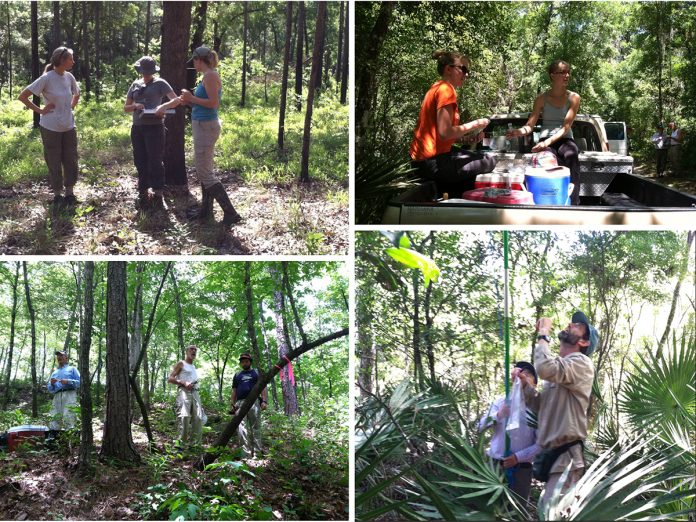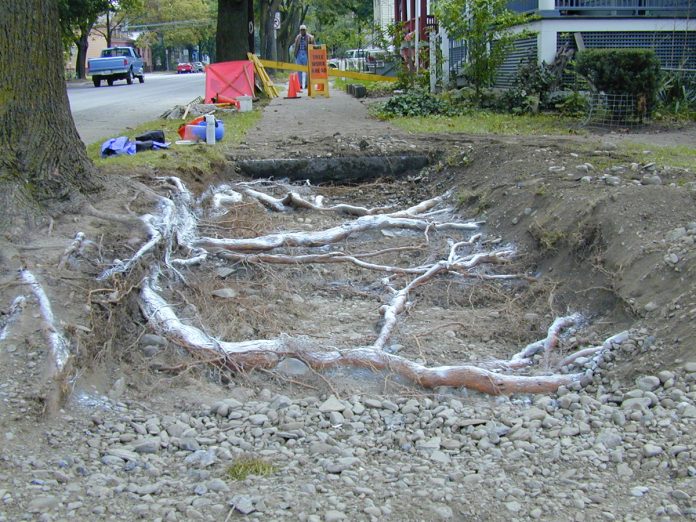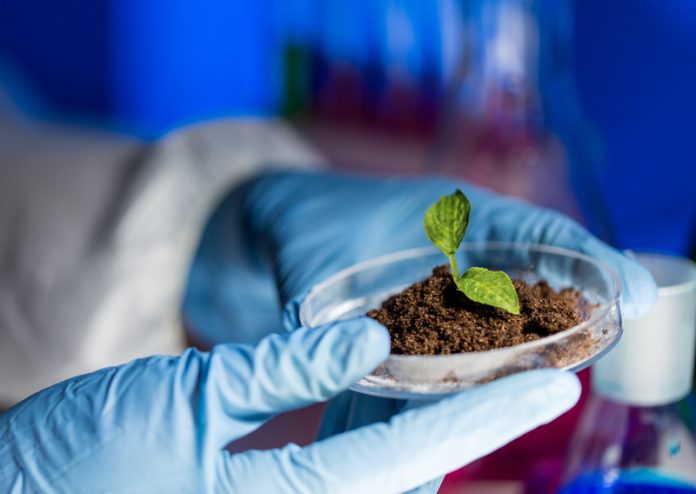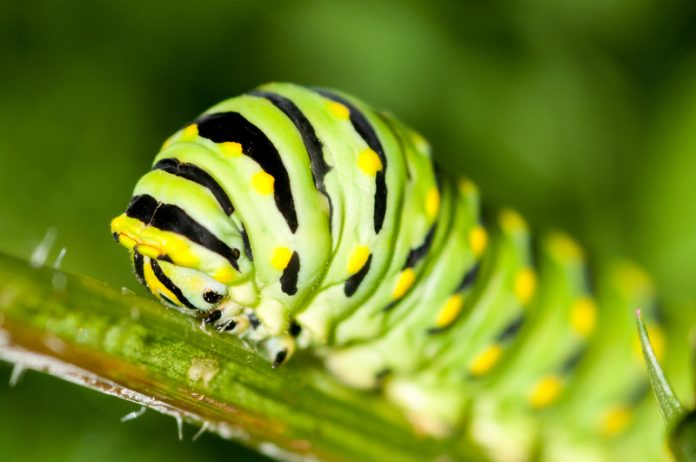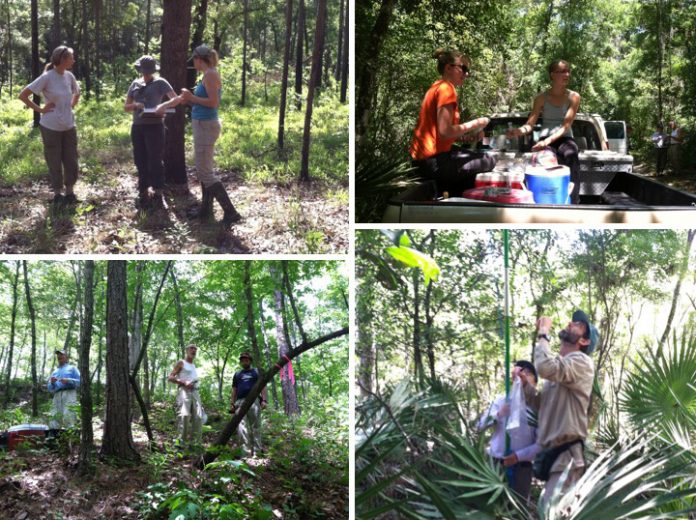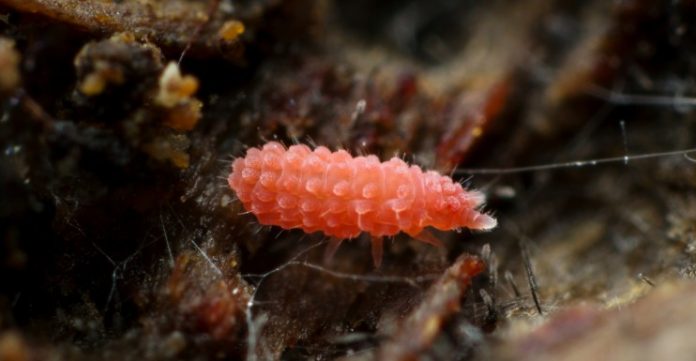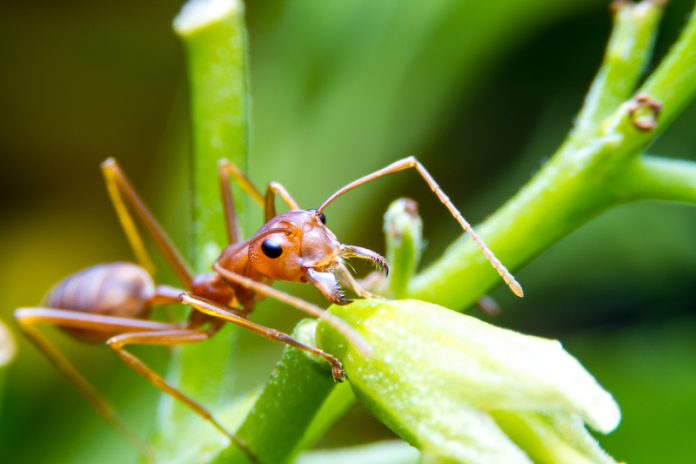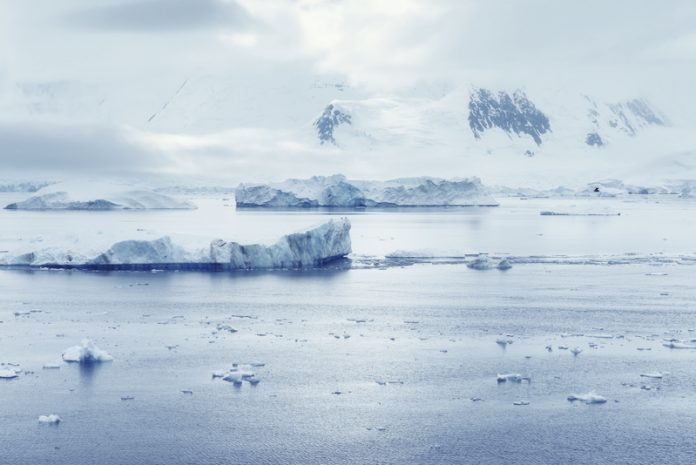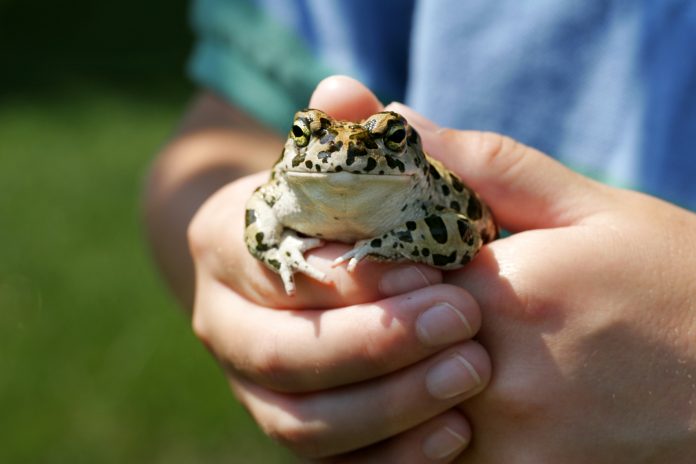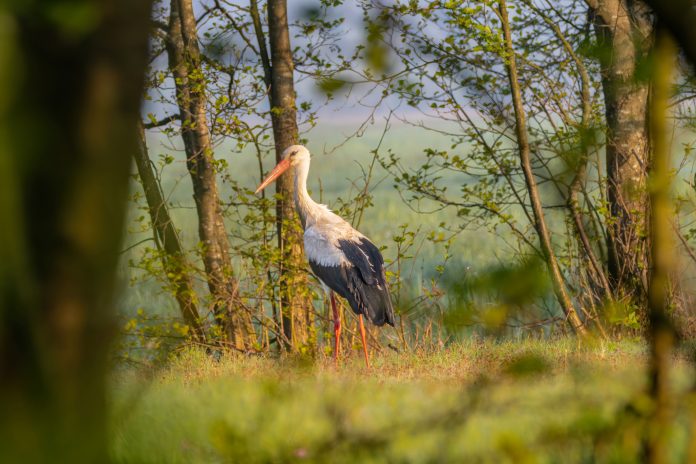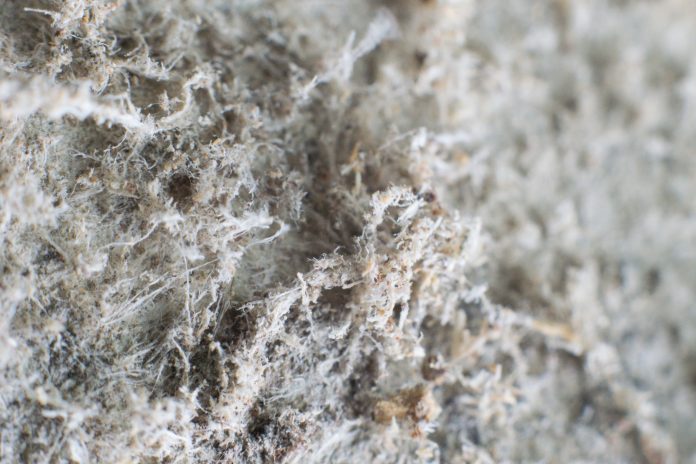Open Access Government produces compelling and informative news, publications, eBooks, and academic research articles for the public and private sector looking at health, diseases & conditions, workplace, research & innovation, digital transformation, government policy, environment, agriculture, energy, transport and more.
Home Search
invasive species - search results
If you're not happy with the results, please do another search
Sustainable shipping into the next decade
Mr Kitack Lim, Secretary-General of the International Maritime Organization (IMO), looks ahead to the challenges for international shipping as the next decade approaches.
University of Florida Biodiversity Institute: Biodiversity and Ecosystem Services
Professor Pamela Soltis discusses how the Biodiversity Institute at the University of Florida promotes interdisciplinary, integrative biodiversity science.
University of Florida Biodiversity Institute: Addressing the issues
Professor Pamela Soltis discusses how the Biodiversity Institute at the University of Florida was founded to address critical societal issues of the 21st century related to biodiversity.
Recognising the important role of biodiversity
Pamela S. Soltis, Director, University of Florida Biodiversity Institute, reveals the key work being done in the U.S. to respond to the ‘biodiversity crisis’
Microbes and the rigour of space flight
William B. Miller, Jr., M.D. argues that without the planning to do so, we have launched microbial life from this planet
Biodiversity: The extraordinary variety of life on Earth
Pamela S. Soltis, Director of the University of Florida Biodiversity Institute provides a fascinating analysis of her department’s research on biodiversity – that is, the extraordinary variety of life on Earth
Greening the inner city: How do we choose the best trees?
Nina Bassuk from the Urban Horticulture Institute, School of Integrative Plant Science Cornell University shares her thoughts on the value of green spaces in inner cities and how we should choose the best trees for this purpose
Training a global biodiversity workforce for the 21st century
Director of University of Florida Biodiversity Institute, Pamela S. Soltis gives a compelling insight into the world of biodiversity and the importance of training the workforce behind it
Biodiversity – the extraordinary variety of life on Earth – is fundamental to a healthy, sustainable planet, yet the connections between biodiversity,...
iDigBio: Serving biodiversity data and resources to the World
Pamela S Soltis, Director of the University of Florida’s Biodiversity Institute shares a compelling insight into the digitisation of biodiversity data
USDA’s high-tech tools to identify dangerous pests
Greg Rosenthal of the U.S. Department of Agriculture’s (USDA) lifts the lid on their work with digital identification tools to identify dangerous pests
Recognising the important role of biodiversity
Pamela S. Soltis, Director, University of Florida Biodiversity Institute, reveals the key work being done in the US to respond to the ‘biodiversity crisis’
Soil biodiversity: keeping the Earth alive
Arwyn Jones and Alberto Orgiazzi, European Commission Joint Research Centre Sustainable Resources Directorate - Land Resources Unit, discuss the importance of soil biodiversity...
Soil condition underpins food security, green growth, bio-economies and aboveground biodiversity; it regulates climate, the hydrological and nutrient cycles, while mitigating climate change. Soils provide resilience against floods and...
The hurdles of Biological Control to control the Red Imported Fire Ant.
Guadalupe Rojas, Juan. A. Morales-Ramos, Jian Chen, Michael Grodowitz, and Margaret Allen discuss the hurdles of Biological Control to control the Red Imported Fire Ant.
The red imported fire ant, Solenopsis invicta, is one of the most successful invasive ants and it is regarded as one of the world’s worst invasive...
The Arctic: A global climate “canary in a coal mine”
Dr Jan-Gunnar Winther, Director of the Norwegian Polar Institute, explains how a dramatically warming Arctic heralds global changes to come
It is a documented fact that no region of the planet is experiencing more dramatic climate change than the Arctic. In recent years, this has resulted in melting glaciers, rapid...
Pets, people and pathogens
Clifford Warwick, Senior Scientific Consultant for the Emergent Disease Foundation examines the links between zoonotic pathogens and human disease.
Introduction
Whether priceless personal ‘friends’, hobbyists’ favoured fancies, or simply delivering big bucks to animal dealers, pets have long been a fixture of society.
Key among the numerous human benefits is companionship, although...
Australia’s soils have sent us a warning: We should listen
Praveena Sridhar, the CTO of the Save Soil Movement, believes that Australia’s soil has been signalling a message to us, and as a result, we ought to pay attention.
Every country needs a national STEM teacher corps
The US National Science Foundation has initiated the National STEM Teacher Corps program to support STEM teachers. Nancy Butler Songer, Associate Provost of STEM Education, discusses her efforts to assist primary school teachers in guiding young children to create solutions for local environmental issues.
Healthy aging: A novel therapy to reverse age-related damage
What if we could turn back the clock on age-associated dysfunctions by using a therapy that not only treats symptoms but acts to correct the underlying pathology and restores cells to normal function? Lori A. Birder and Edwin K. Jackson from the University of Pittsburgh School of Medicine, explain how this could be a possibility.
Challenges and opportunities for protecting wildlife populations in Europe
From urbanisation to climate change, the welfare of wildlife populations is increasingly under threat. Open Access Government provides an overview of the challenges and opportunities associated with wildlife conservation in Europe.
The risk of malignant pleural mesothelioma
Although the use of asbestos-containing building materials was banned in the UK in 1999, this carcinogenic mineral continues to be a serious health threat. Daniel J. Murphy from the University of Glasgow tells us more.



